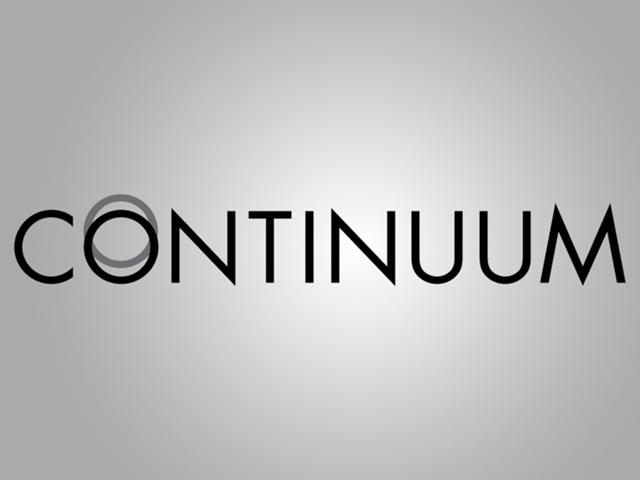In going back to the past to change it, are we simply creating the future we live in or a completely new future that does not negate the present we live in?
Or something like that.
What I love about the Canadian sci-fi transplanted series is the fact that it doesn’t pretend that time paradoxes don’t exist. It just pretends that they’re in different realities.
Fact of the matter is, there’s no fact of the matter.
We’ve already learned that killing your grandparent doesn’t cause you to disappear. Of course, the fact that you exist means your grandparent didn’t die. However, if your grandparent dies but your grandparent didn’t die, you must be in a different timeline.
The question raised by Continuum, really, is whether time is actually linear (it’s not, we’ve been told over and over by science fiction series). If the past is changed in one timeline, is it really changed? Is that just how that particular timeline was always meant to be lived?
The problem with this train of thought is that it implies we have no control over our future. Even if it’s just that all possible futures exist, that means that free will doesn’t exist – every decision leads to a different possibility. Of course, that might be the definition of free will.
